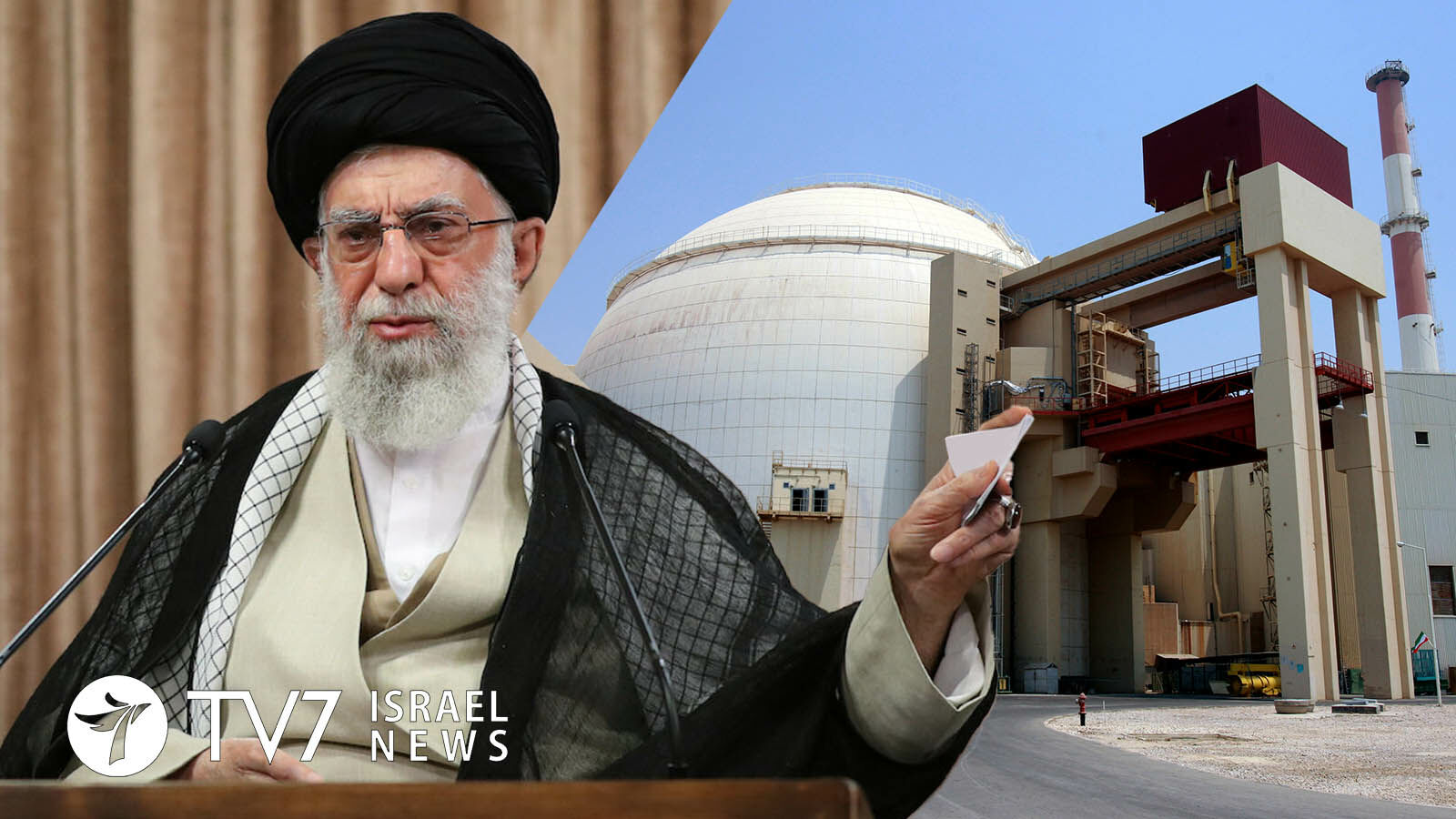This, from Iranian President Ebrahim Raisi, while addressing the United Nations General Assembly in New York.
By Erin Viner
“We have before us the experience of America’s withdrawal from the (Joint Comprehensive Plan of Action) deal,” proclaimed the hardline leader, stressing, “with that experience and this perspective, can we ignore the important issue of guarantees for a durable agreement?”
Iran has insisted on the receipt of guarantees that no future US president would ever renege on the JCPOA if it was revived, which Washington cannot provide as the deal is a political understanding rather than a legally binding treaty.
While US President Joe Biden has sought to salvage the JCPOA through indirect negotiations in Vienna since April 2021, the process remains deadlocked amid the Ayatollah Regime’s failure to approve a “final” draft text presented by the European Union (EU) on 8 August. Additional non-nuclear demands the US and other Western powers say exceed the scope of the Vienna Talks include insistence that the International Atomic Energy Agency (IAEA) cease investigation into the origin of uranium traces discovered at undeclared sites.
When Iran struck the original accord with six major powers in 2015, it agreed to restrict nuclear development aimed at deterring the production of weapons – pursuit of which it denies – in return for relief from US, EU and UN sanctions. Three years later, former United States President Donald Trump withdrew from the deal and reimposed harsh sanctions designed to choke off Iran’s oil exports, its major source of export income and government revenue. Tehran responded by openly breaching the JCPOA, including rebuilding its arsenal of enriched uranium to 60% purity – far above the 3.67% that had been permitted under the deal.
During his fiery UN address, Raisi also demanded Trump be prosecuted for ordering 3 January 2020 drone strike in Iraq that killed General Qassem Soleimani, who commanded the Islamic Revolutionary Guards Corp (IRGC) Quds Force.
The defiant Iranian leader also sought to deflect criticism over the outbreak of deadly anti-regime protests in his country over last week’s death of 22-year-old Mahsa Amini, following her arrest by “morality police” in Tehran for “unsuitable attire.” Amini’s death has unleashed anger over wideranging issues including freedoms in the Islamic Republic and an economy reeling from sanctions. Some women burned their veils during protests, with others cutting their hair in public. At least seven people have been killed during the nationwide demonstrations since Saturday.
State media and Iranian officials have denounced the unrest as riots instigated by “anti-revolutionary elements.”
“The Islamic Republic of Iran rejects some of the double standards of some governments vis-a-vis human rights,” declared President Raisi. “Human rights belongs to all, but unfortunately it is trampled upon by many governments.” he added, in pointed reference to the discovery of unmarked graves of indigenous people in Canada, the suffering of the Palestinians and images of migrant children held in cages in the United States.
Shortly after Raisi’s address, President Biden responded that while the US “is prepared for a mutual return” to the JCPOA “if Iran steps up to its obligations, the United States is clear: We will not allow Iran to acquire a nuclear weapon.”
Biden also stated that the US stands in support “with the brave citizens and the brave women of Iran who right now are demonstrating to secure their basic rights.”
